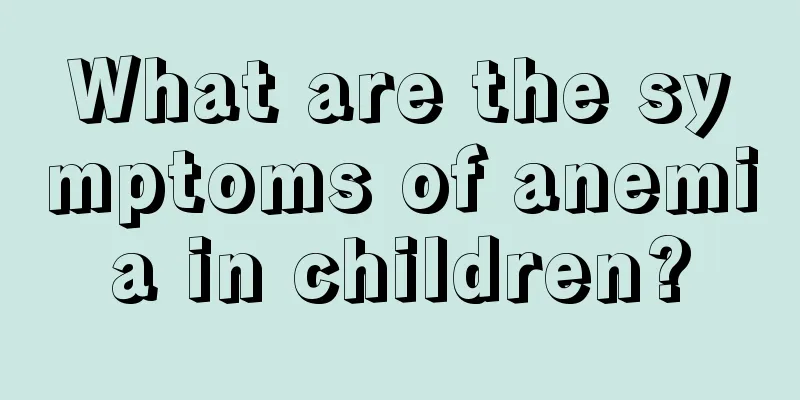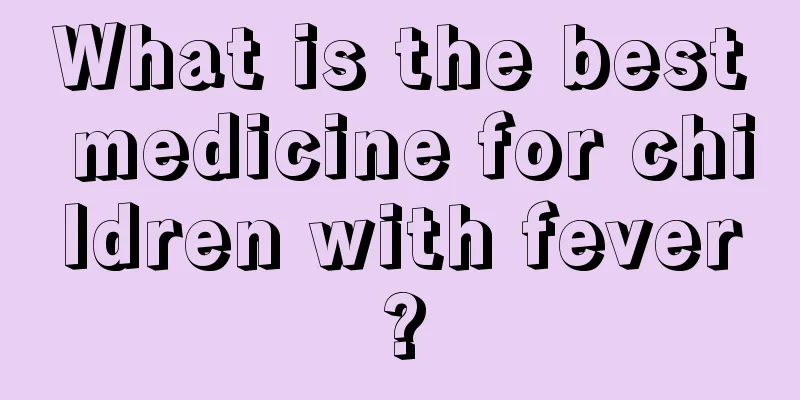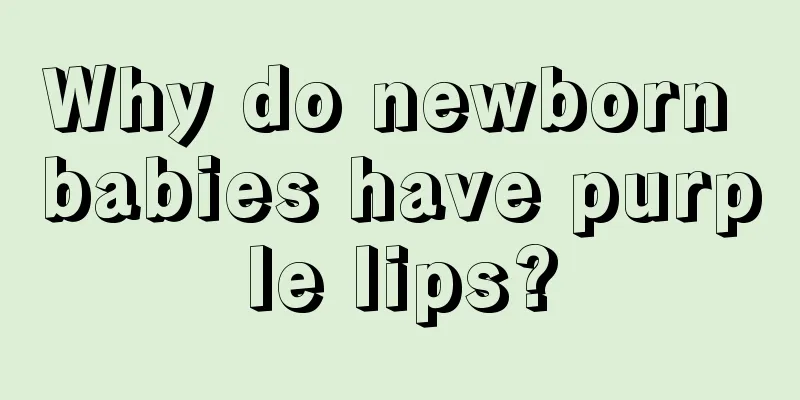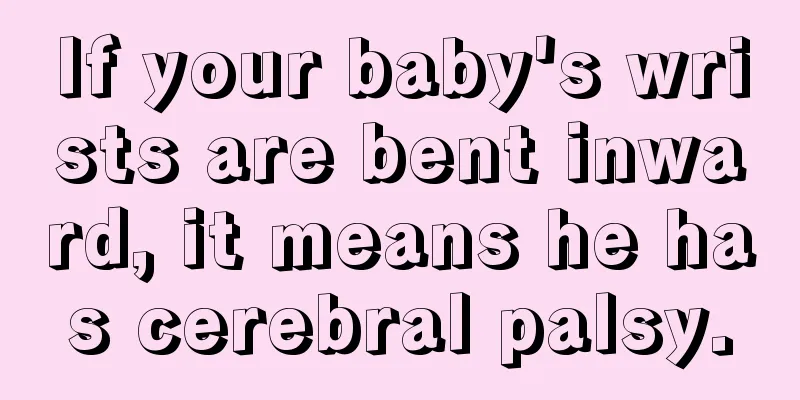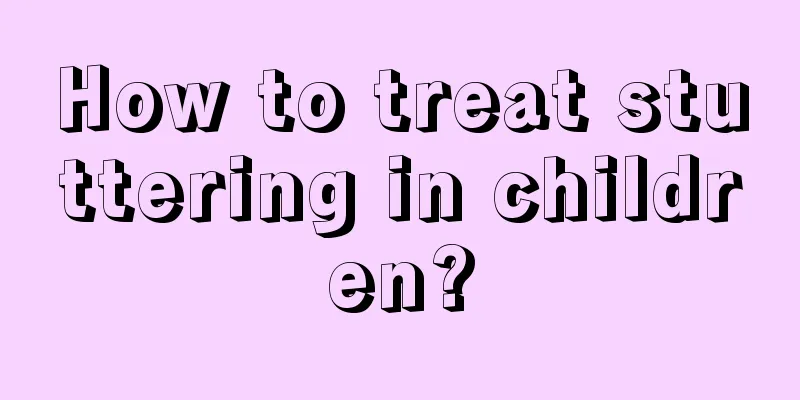Do children have fever when teething?
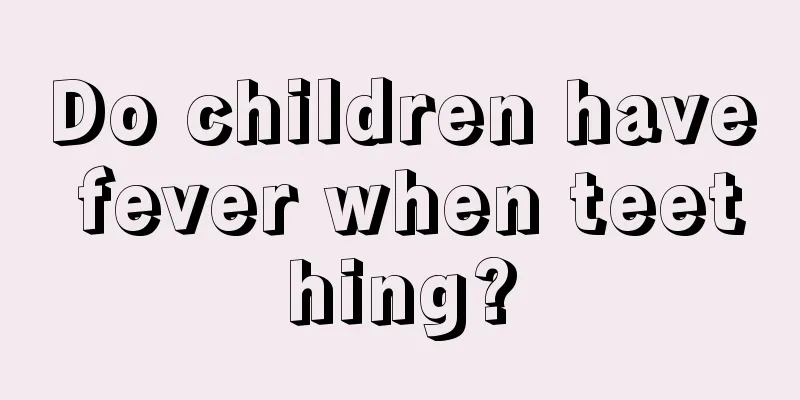
|
Everyone goes through the process of tooth growth twice. The first tooth growth is when the baby's teeth grow in the mouth, and the second tooth growth is when the mouth changes during childhood. When children are experiencing their first teething, their immunity is relatively weak and they are still in a stage of continuous improvement. They are also prone to various problems. Therefore, parents may wonder if children will have a fever when teething. Not necessarily. Some babies will have a fever, but some will not. Teething itself will not cause any fever. The fever that occurs during teething is mainly because the baby's gums will itch during the teething stage, and they prefer to bite things. If they bite something unclean, it may cause throat or gastrointestinal infection, and fever or diarrhea. It is not the teething itself that will cause the baby to have a fever or diarrhea. Some children will have a fever when they are growing teeth and growing taller, because after all, it takes a lot of effort to grow a tooth. If the fever remains low and the child is in good spirits, then there is no need to worry. Just make sure the child drinks plenty of water and avoids eating irritating foods. Every baby has a different physique, so for some babies the fever will go away automatically, but some babies have poor physiques and are weakest when they are teething, so they catch a cold and have a fever. Baby teething precautions Generally, a pair of deciduous central incisors on the baby's lower jaw will quietly erupt when the baby is 4-8 months old, and from then on the baby is no longer a toothless baby. Babies at this stage like to put anything they can get into their mouths and chew it, which makes people laugh and cry. Sometimes they will even imitate adults' actions and chew chopsticks and spoons. During this period, mothers can try to give their babies some semi-solid foods, such as mashed potatoes, egg yolk puree, oatmeal porridge, etc., so that the baby can experience the transition from watery diet to paste-like diet. Complementary foods with a slight consistency can make the baby aware that his food is beginning to change, laying the foundation for adding solid foods in the future to allow the baby to practice chewing with his teeth. How to care for your baby's teeth The salivary glands of neonates are underdeveloped and the amount of saliva is small. At 6-7 months, teeth begin to erupt. The eruption of teeth makes the gums itchy and the amount of saliva secretion increases significantly, so children have a lot of saliva when teeth are erupting. Because babies' oral cavity is not deep enough, their nervous system development and swallowing reflex are poor, and their ability to control the flow of saliva in the mouth is poor, they often drool. In this case, you should wipe it dry in time to keep the skin of your lower lip dry and clean. As you age and your teeth erupt, drooling will gradually disappear. During the teething period, children like to bite their mother's nipples, pacifiers and their own fingers. This is because when the teeth erupt, the gums are stimulated to become congested and edematous, and children always feel uncomfortable such as itchy gums. Relieve the itchy discomfort by biting the nipple or sucking the fingers. At this time, give the baby clean gauze, rubber stick toys or harder food, and let the child chew these things to relieve the discomfort of itchy gums. During the tooth eruption period, some children develop swellings of varying sizes on the gums near the erupting teeth. The surface is bluish-purple and the swelling range varies in size, but is limited to the incisal edge or gingival surface of the teeth that are about to erupt. The swelling is caused by the accumulation of blood under the gums when the tooth breaks through the dental follicle during tooth eruption. It looks like a small hematoma, called eruption hematoma. Generally there are no subjective symptoms, no special treatment is required, and it can be absorbed on its own. |
<<: My child's arm is swollen after vaccination
>>: Will teething cause bleeding in babies?
Recommend
What should I do if my two-year-old baby has a stuffy nose?
If a two-year-old baby has a stuffy nose, it will...
What are the factors that cause children to have large tongues?
As children grow up, they gradually need to learn...
What is the cause of newborn skin peeling?
Everyone will experience skin peeling in life, es...
Slow growth of children's teeth
The baby has reached the stage of teething, but m...
What are the benefits of swimming for children?
Many parents will take their children swimming af...
What to do if your newborn keeps crying and won’t sleep
Some new mothers will find that their newborns ar...
Why do children sleep with their mouths open?
Many parents have reported that their children li...
How to prevent a two-year-old baby from crying at night
Many parents always ignore their baby's cryin...
How long does it take for neonatal eczema to heal?
Eczema is a very common symptom. Eczema can occur...
If your child’s face turns yellow, this is how you should treat it!
Some children are pink and tender when they are y...
Is it normal for a baby to not have a rash?
Roseola is a common rash in infants and young chi...
How do primary school students exercise
It is very necessary for primary school students ...
Can babies drink milk when they have a cold?
Cold is a common symptom among babies. After the ...
What to do if your child has cough and asthma
Once a child has asthma problems, it can be very ...
What is the reason for a six-month-old baby's runny nose?
There are many reasons why babies have runny nose...

